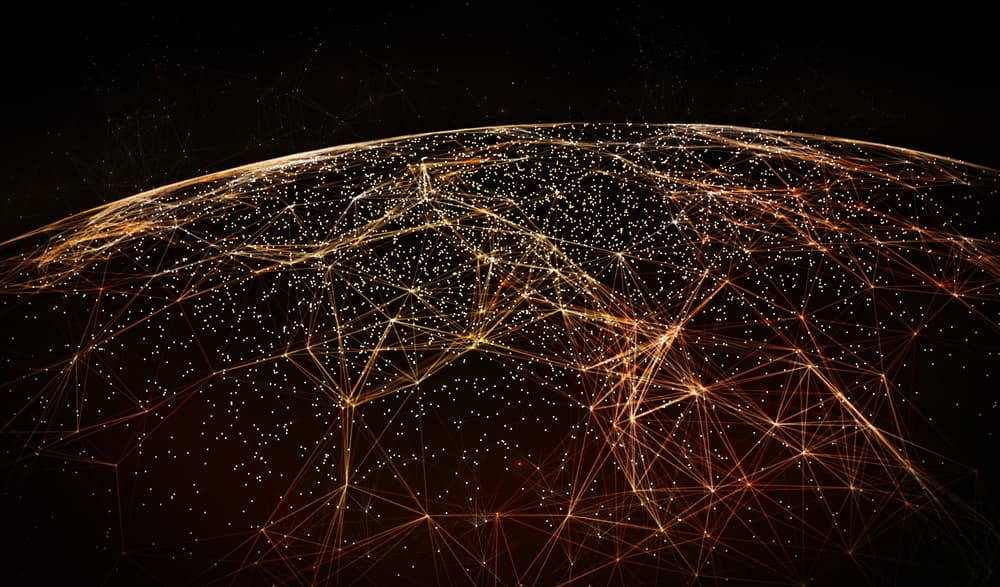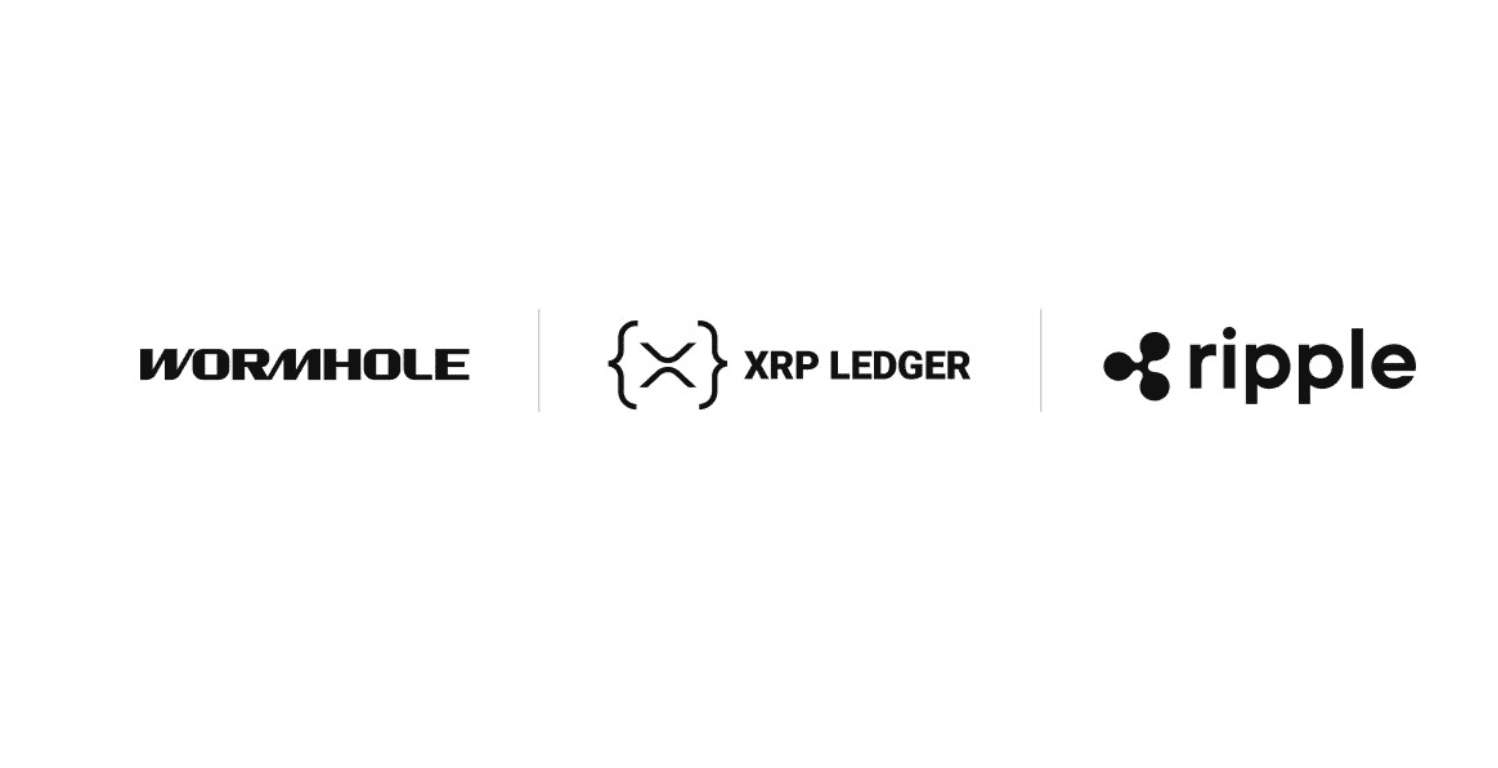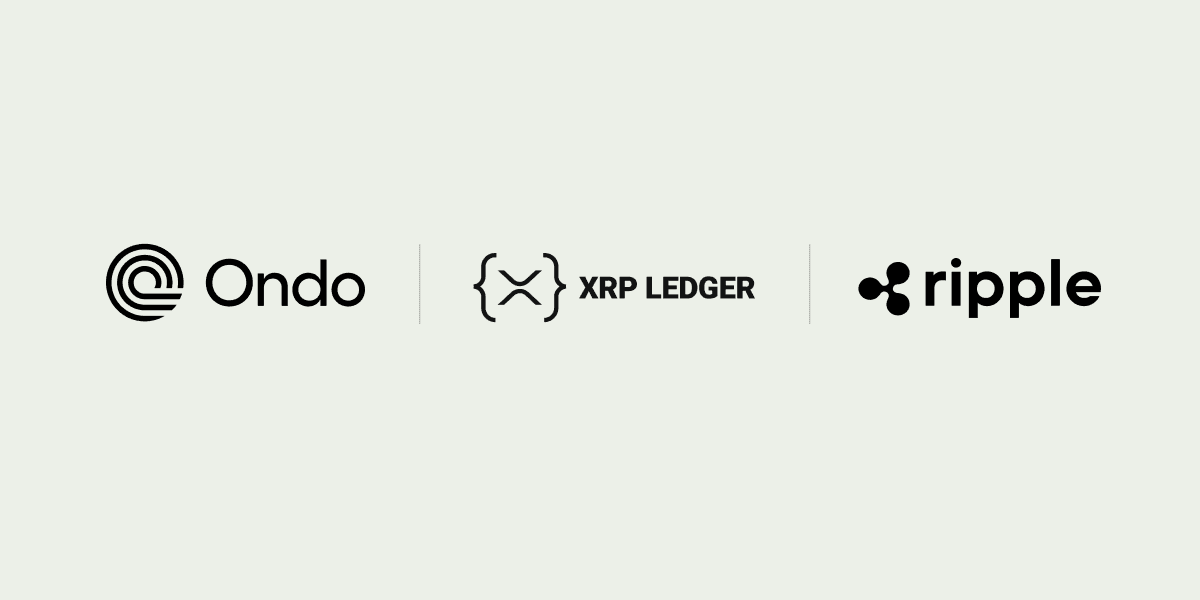Venture capitalist William Mougayar calls blockchain “the second significant overlay on the internet, just as the web was the first layer back in 1990”. When most people think of blockchain, Bitcoin instantly comes to mind. But the potential that excites Mougayar and many others goes far beyond financial transactions made using such digital currencies. It touches on what we at Ripple have for many years called “the Internet of Value.”
What is the Internet of Value?
Our vision is for value to be exchanged as quickly as information. Although information moves around the world instantly, a single payment from one country to another is slow, expensive and unreliable. In the US, a typical international payment takes 3-5 days to settle, has an error rate of at least 5% and an average cost of $42. Worldwide, there are $180 trillion worth of cross-border payments made every year, with a combined cost of more than $1.7 trillion a year.
With the Internet of Value, a value transaction such as a foreign currency payment, can happen instantly, just as how people have been sharing words, images and videos online for decades. And it’s not just money. The Internet of Value will enable the exchange of any asset that is of value to someone, including stocks, votes, frequent flyer points, securities, intellectual property, music, scientific discoveries, and more.
Blockchain enables value exchange
Until now, selling, buying or exchanging these assets has required an intermediary like a bank, marketplace (physical or digital), credit card company, or third-party booking service like Airbnb. Blockchain technology, including Ripple’s solution, allows assets to be transferred from one party directly to another, with no middleman. The transfer is validated, permanent, and completed instantly. At last value will be able to move around the world as information does.
Investment management service, Rathbones summarizes this potential as:
“…promising to do for value what the internet has done for information: decentralise control, remove asymmetries, and change the way we transact and interact with everything. From money transfers and asset trading, through healthcare provision and music downloading to collaborating and sharing of resources, blockchain promises to enable, empower and revolutionise. And disrupt.”
We’re already seeing significant applications of blockchain in the real world. Nasdaq is using it to help firms manage shares. The Baltic nation of Estonia is securely storing the healthcare records for more than one million of its citizens on distributed databases, Japanese airline Peach Aviation recently became the third commercial carrier to accept cryptocurrency as payment for flights, while the musician Imogen Heap built her own blockchain to release a single directly to her fanbase.
Connecting blockchains is the key
At the moment, there exists a multitude of competing blockchains which do not necessarily connect with one another, so assets cannot be exchanged like information just yet. For the internet of value to become a reality, industry standards must be adopted in order to homogenize the world’s different financial systems.
This is why Ripple, along with a growing community of financial institutions and payments providers, support Interledger Protocol (ILP), which standardizes how to instantly settle transactions across different ledgers and networks. ILP can be thought of much like the protocol HTTP used in web address that became the global standard for online information exchange.
Critically, ILP can allow all assets of value – including cryptocurrencies like XRP, existing currencies like the euro or US dollar, and other securities (stocks, bonds, and commodities) – to be exchanged by people.
Ripple’s vision for the second era of the internet
At Ripple, we believe the most significant benefit of the internet of value will be for payments. We provide one, frictionless experience to send money globally using the power of blockchain. Making cross-border payments faster, cheaper, and reliable will bring major benefits to consumers, businesses, banks and governments, while also introducing a standard protocol for how every institution and individual connects across various networks to exchange data. Doing this will:
Connect billions of people around the world to transact
Give rise to entirely new businesses and industries
Increase financial inclusion for millions of underbanked consumers
We believe this process of standardization will have a transformative impact on our world comparable to the way the shipping container standardized commerce in the 1950s and drove globalization, or how the standardization of web protocols in the 1980s gave us the digital information economy we know today.
Let the second era of the internet begin.
To learn more about the banks using Ripple’s solution to send real-time global payments, please contact us.







